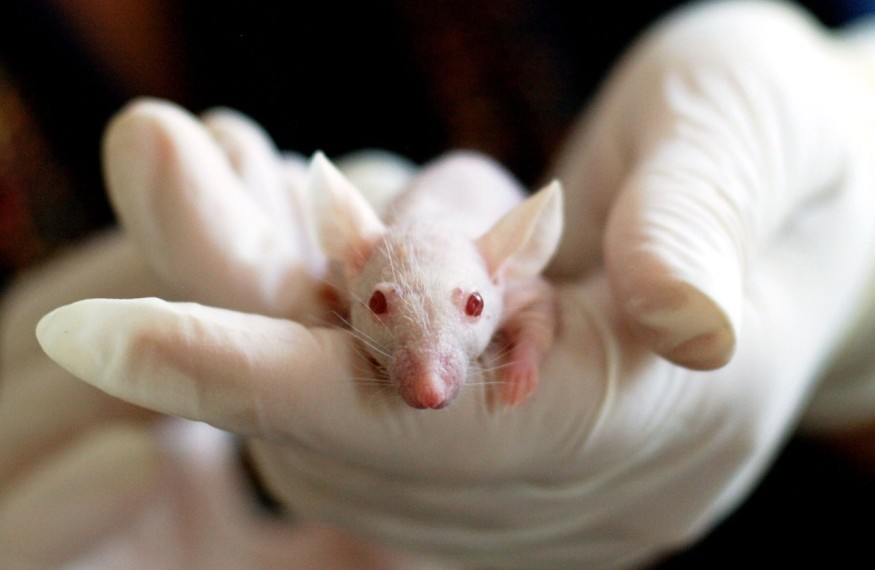
Animal testing of drugs is no longer required by the US Food and Drug Administration (FDA). This is because of a law that was passed in December 2022. With this, the FDA can now approve drugs that only underwent non-animal testing, such as testing on computer models or lab-raised tissues, before proceeding with human clinical trials.
No More Animal Testing for Drugs
Science reports that Tamara Drake, the nonprofit animal wellness organization, Center for a Humane Economy, director of research and regulatory policy, expresses how huge this is. Drake notes how it's a benefit for the industry and for patients that need to be cured.
According to Live Science, associate professor Vivek Gupta, who teaches industrial pharmacy at St. John's University, says that it may take a while for such a drastic change to be fully implemented. Gupta also scientifically founded PulmoSIM Therapeutics, which is under VeriSIM, a firm that builds treatments for progressive and rare respiratory conditions.
This is because non-animal models are still young, even if they have reached the lab. This is according to communications director Jim Newman from the Americans for Medical Progress.
In the past, the FDA required testing to be conducted among non-rodents and rodents before proceeding with human clinical trials. Such animal testing showed how the drugs broke down within the body, if they indeed reached the target tissues, and if their supposed effects were really evident and did not lead to detrimental side effects.
However, animal testing is still filled with loopholes. Live Science reports that over 90% of the drugs that go past initial animal testing tend to be ineffective or unsafe for human use.
Scientific groups that are looking into animal testing alternatives are looking for ways to grasp the same or better data that accurately shows how drugs perform in humans.
Dr. Donald Ingber, who handles a lab that develops organ chips, agrees that it may take a while for such transitions to fully take place.
Future of Non-Animal Testing
Aside from the vast need to conduct further research on non-animal models, true verifications of these alternatives may need to be examined on a large scale. Such evaluation may involve hundreds of same-design devices that are carried out with uniform guidelines.
Organoids are also considered potential and promising non-animal testing models. They are clusters of cells that are lab-grown and that mirror the biological characteristics of actual organs. These organoids are usually taken from stem cells and raised through physical scaffolding. Organoids are helpful when it comes to observing how cells and tissues respond to drugs. They also help in assessing the latch of drugs toward their aims.
Similar to organoids are the spheroids. They are simple 3D cell clusters that typically model malignant tumors. Gupta studies lung cancer and operates with spheroids that are raised out of lines of primary cells.
Computer-built or AI models also fall along these lines. Specialists must come up with computer models in order to gauge the toxicity of the drug. There was one model, in particular, that assessed if drug dosage would lead to toxic cardiovascular effects.
With the further advancement and development of organoids, organ chips, and AI models, the need for animal testing may slowly fade away. Dr. Ingber notes that, in the meantime, the FDA can look into the data and see if it is truly convincing enough to be incorporated.
According to the FDA chief scientist, Namandjé Bumpus, they support alternative approaches that are scientifically backed up and that show data regarding drug safety and effectiveness. They encourage drug developers to come up with alternative approaches for presenting their outputs to the agency.
RELATED ARTICLE : FDA Warns Fluorouracil Medicinal Cream for Cancer Patients May Kill Dogs
Check out more news and information on Medicine and Health in Science Times.











